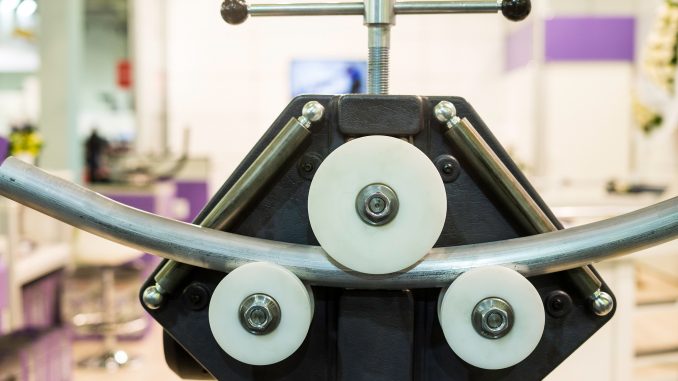
Not all roll benders are created equal. We all know that. But how do we differentiate one from the other? Depending on your project, you might need a particular type of roller to get the job done. That’s when good decision-making comes in. You must choose wisely to ensure the success of your project.
We see several benders advertised on the online market such as the Baileigh roller for sale you see online. Now, discover the different types of roll benders and find out who should be using them and for what purpose.
What is roll bending?
Roll bending or rolling is the process of giving a metal sheet a cylindrical shape or circular arc. Regular bending, on the other hand, merely forms a V, U, or channel shape.
Manual Roll Bender
This type of pipe or tube bender is ideal for DIY work. If you are into bending tubes or pipes for cages for your furry friends, frame for your furniture, or roll cage for your vehicle, this one is for you.
What makes the manual pipe bender the most viable choice for DIY enthusiasts is its size. These benders are typically portable because they are manual. They don’t come with the heavy machines and you only need to use either your hand or foot to operate them. Despite its size, it can still bend small pipes and tubes with accuracy.
Hydraulic Roll Bender

If you’re in architecture, automotive, or mechanical industry, the hydraulic pipe bender is a better fit than the manual type. These industries usually demand a whole lot of bending and rolling, plus the tube and pipe sizes for bending are relatively bigger. Some of the projects you can work on with the hydraulic bender are industrial grade steel, chassis, handrails, and roll cages. Aluminum and brass pipes are also welcome.
Hydraulic pipe benders work by using hydraulic pressure just like how a hydraulic automotive jack operates. There is a hydraulic piston in charge of creating high pressure to bend the pipes easily.
CNC Roll Bender
CNC pipe benders are ideal for those who bend pipes or tubes regularly, meaning if you’re after mass production, this one is for you. CNC benders are programmable; hence, you can have automatic repeatability.
Some CNC benders can store up to 40 different programs. All you need to do is press the appropriate one for the project you are working on. Another function the CNC type has that the other two types don’t have its ability to produce multi-radius bends and complex segments. CNC pipe benders are often used in the automotive, aerospace, and HVAC industries.
Whichever of the three types of rollers you choose, it is always a good idea to consult a roller bending expert before buying one. They will advise you on which model fits your requirements best. They might also provide other important services, such as repair and maintenance. In addition, always buy from a reputable manufacturer or dealer so you can save time, effort, and money.
